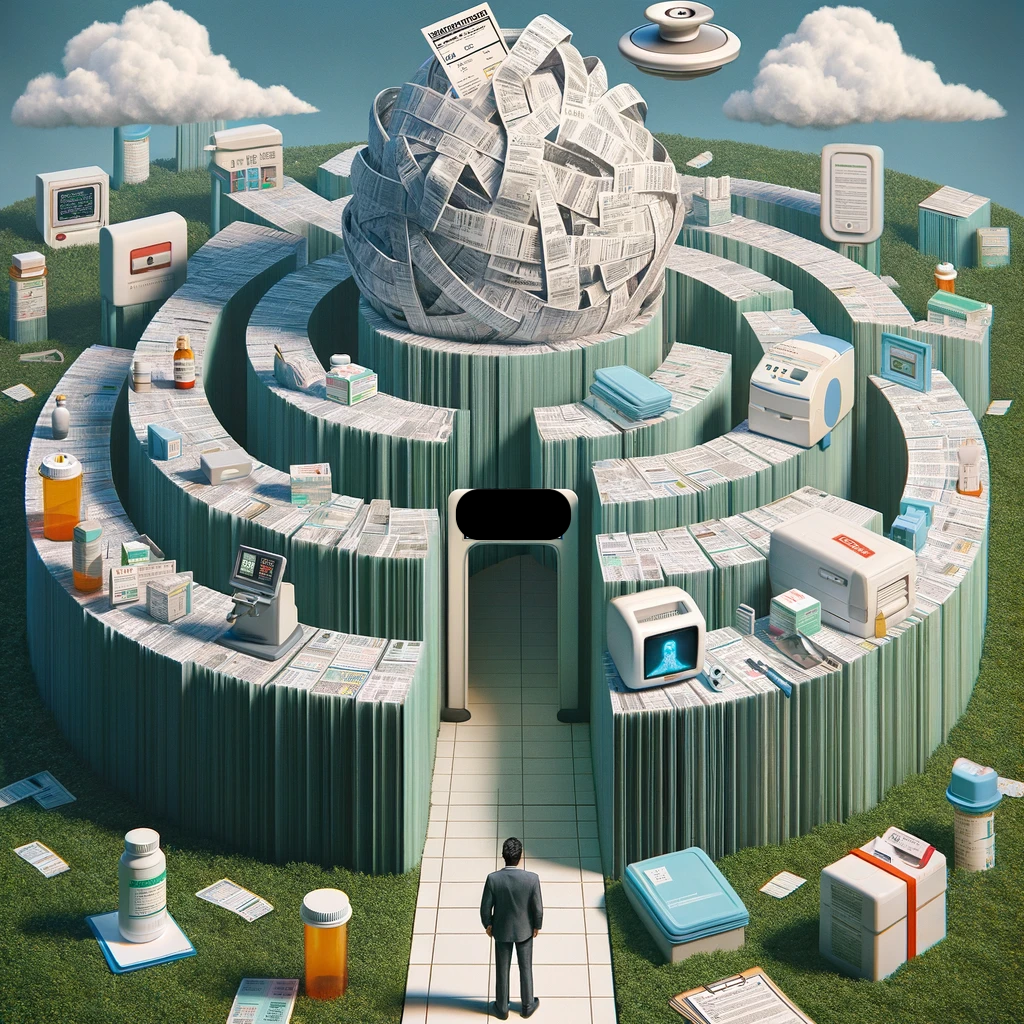What is insurance?
Insurance is a tool for protection against financial loss.
It’s not a tool that should be used to pay for relatively small things that happen frequently, as we tend to do with health insurance.
For me, it’s all about mitigating the risk posed by occurrences that would, without insurance, create significant financial hardship or even ruin.
It’s a contract in which one party, the insurer, agrees to compensate another party, the insured, in the event of specific pre-determined types of loss, damage, illness, or injury.
Notice — I said the insurer agrees to compensate the insured, not the person 👨⚕️ providing a service to the insured, but I digress.
This is done in exchange for a fee, known as a premium.
Certain criteria must be met for a risk to be reasonably insurable.
From the insurer’s perspective, the insured objects must be numerous and homogeneous enough for a close calculation of probable loss frequency and severity.
Additionally, the insured objects should not be prone to simultaneous destruction and the potential loss must be accidental or beyond the insured’s control.
Read that part again. The insured objects should not be prone to simultaneous destruction.
When we use a health insurance product for so many routine things, simultaneous destruction becomes relatively common.
What happens next?
Premiums go up. And up. And up. And don’t forget about deductibles, co-pays, and co-insurance.
From the insured’s perspective, an insurable risk is one where the probability of loss is not so high that it necessitates excessive premiums.
Should the risk of your chid getting an ear infection and needing a course of amoxicillin that costs, on average, about $15 (when prices aren’t distorted by insurers and pharmacy benefit managers) be insured?
That doesn’t sound like insurance to me, but it’s business a usual.
And yet, despite the extravagant premiums that result from these distortions, which makes us feel like things should be “taken care of” when bad stuff happens, there is still an epidemic in the U.S. of crushing amounts of medical debt, and it’s hard to find people who are happy with their health insurance product.

It’s time for a reframe.
A different way.
A new opportunity.
I want to have good health insurance. I value it, just like auto, homeowner’s, disability, term life, malpractice, business, cyber, etc.
But, unlike those other classes of insurance that typically work well because they’re used like insurance rather than like a debit card, health insurance is broken.
Premiums continue to rise without better outcomes, service, or experience. This hurts both individuals and employers — not to mention the taxpayers whose Medicare and Medicaid premium dollars are damaged by this as well.
It doesn’t have to be this way, but there are powerful, deep-pocketed stakeholders who have trained us to think it does.
Are you ready for a new way?


